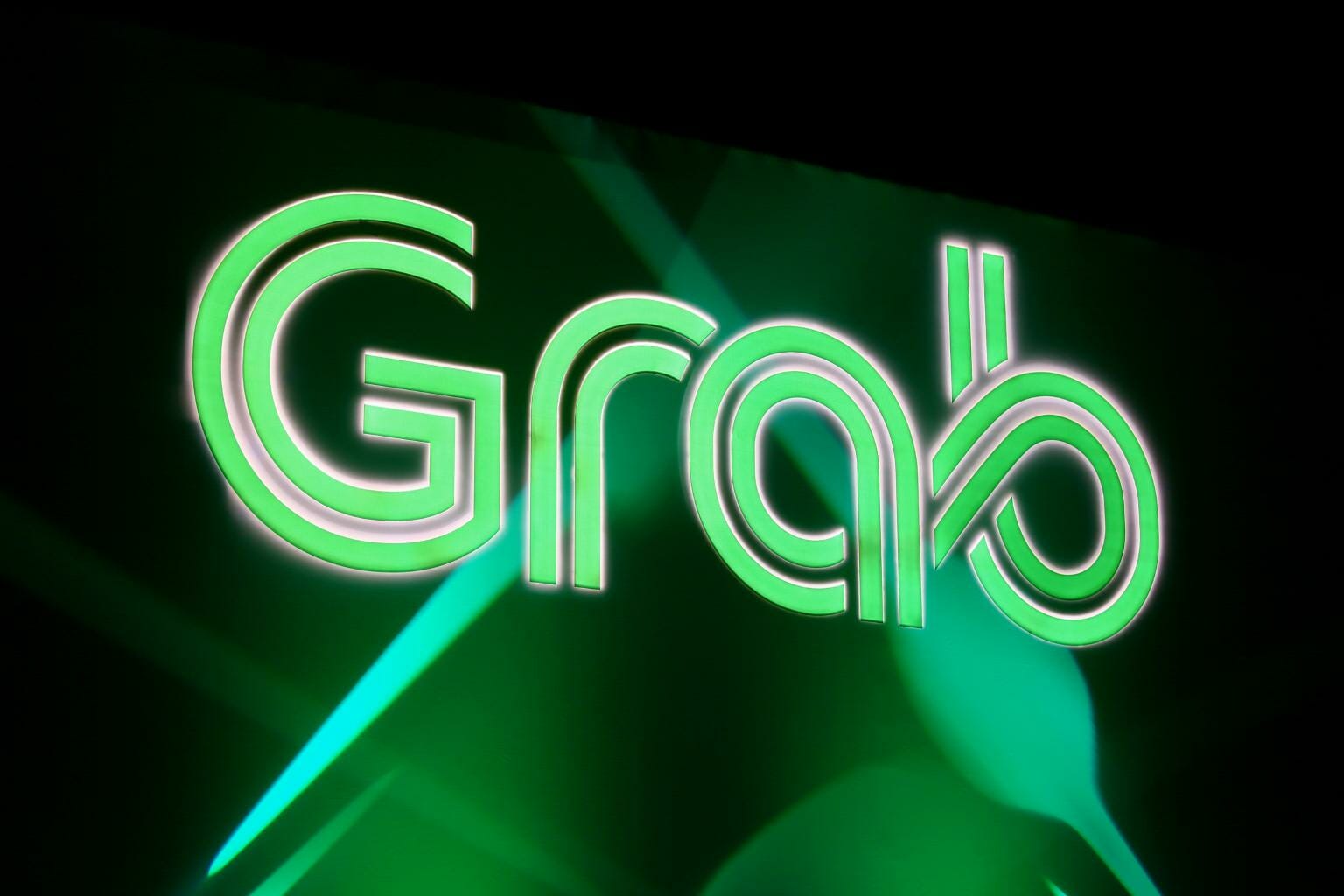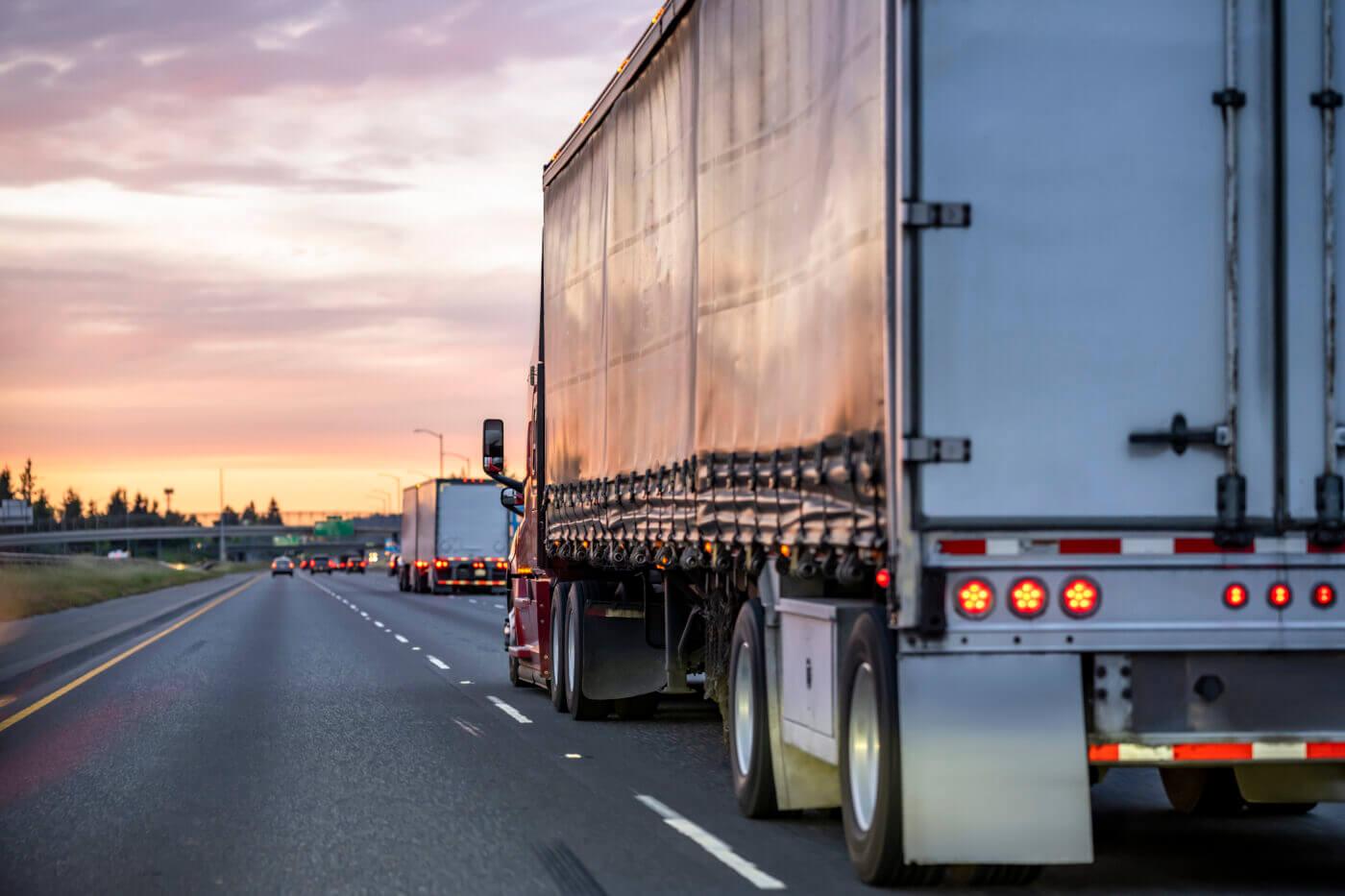Grab, the e-hailing and food delivery giant, has defended its revised delivery fee and bonus structure, which has faced criticism from some riders prompting calls for a boycott. The revamped earnings framework, implemented recently, includes reduced base fares but offers increased incentives for peak-hour deliveries, distant pick-ups, and extended wait times. Grab asserts that this new structure will ensure fair compensation for riders handling bookings that demand more time and effort.
According to Grab, the changes are based on feedback from delivery partners regarding longer wait times at merchant outlets and pick-ups situated farther away. The company aims to address concerns and enhance the compensation structure to better reflect the efforts of its most active delivery partners.
Despite Grab’s explanation, some riders have expressed dissatisfaction with the reduced base fares, leading to calls for a boycott. Posters advocating a rider boycott on a specific date have circulated on social media. While some riders acknowledge the nature of gig work, emphasising its temporary nature, others argue for the importance of fighting for fair compensation, particularly given the rising cost of living and vehicle maintenance expenses.
This is not the first time Grab has faced discontent among its delivery riders. In August 2022, about 100 food delivery riders staged a “Food Delivery Blackout,” riding to Grab’s headquarters to submit a memorandum expressing concerns about low delivery fares, which they claimed compelled them to work longer hours.
Grab maintains that the adjustments are intended to better compensate riders for specific challenges they face during deliveries, acknowledging that the nature of gig work lacks fixed contracts and is not designed as a long-term career.
The outcome of this situation will shed light on the dynamics between gig platforms and their workforce, highlighting the ongoing challenges and negotiations in the gig economy.



















